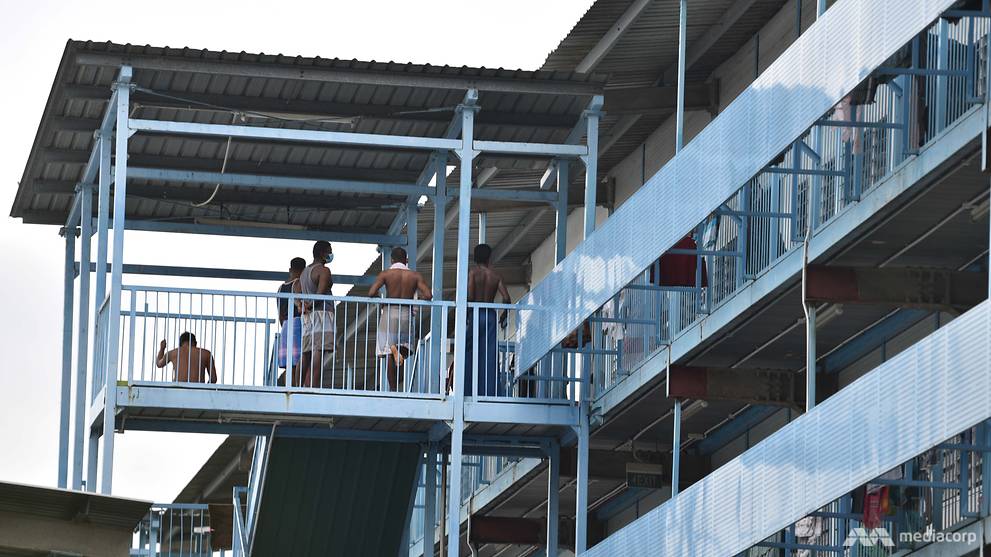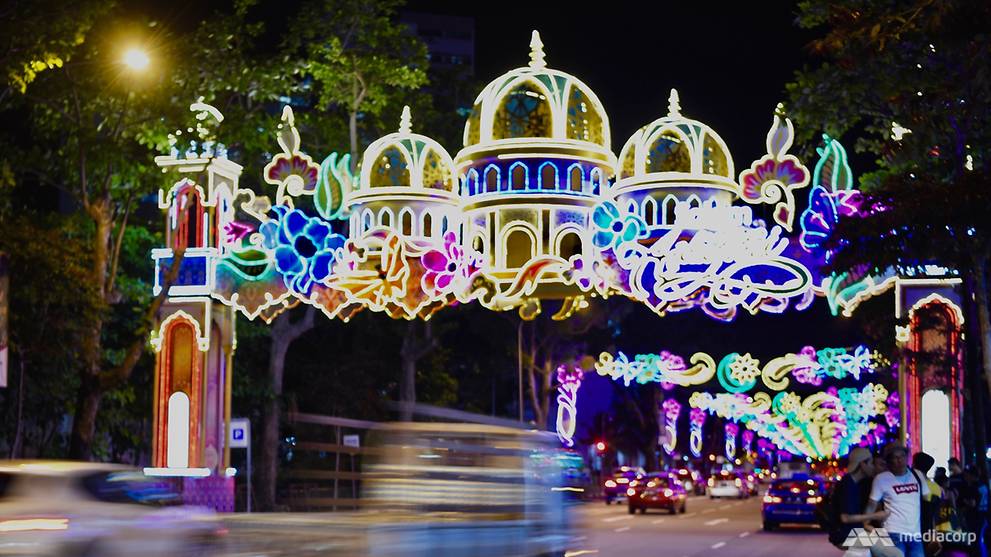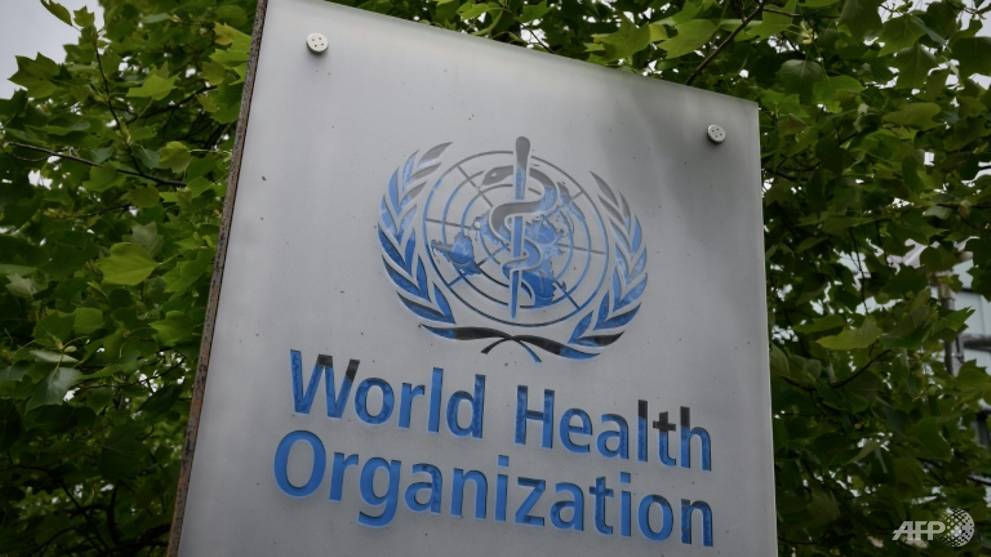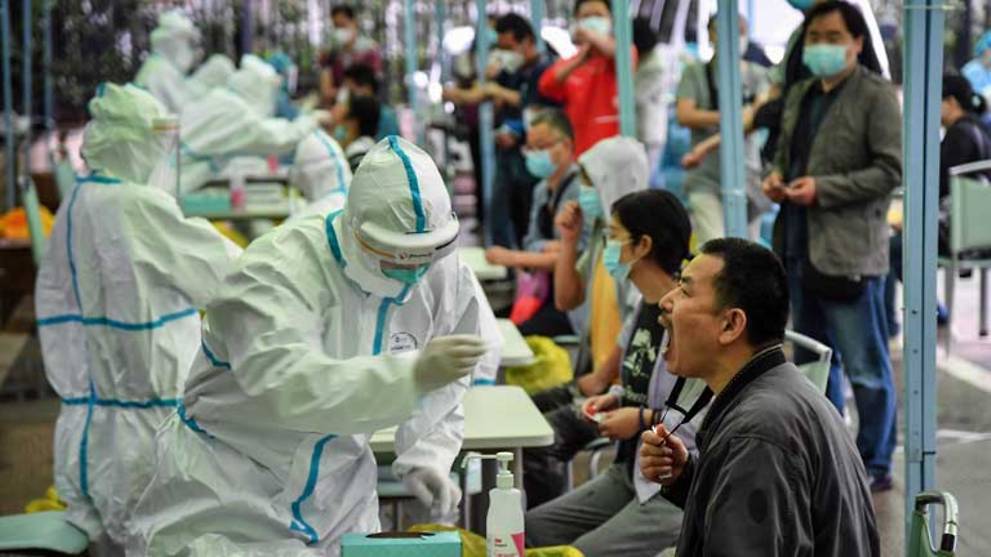SINGAPORE - There should not be Hari Raya visits or gatherings during the circuit breaker period this year, and Singaporean pilgrims will have to defer the annual haj pilgrimage to Mecca to 2021, in the light of the Covid-19 pandemic, the Islamic Religious Council of Singapore (Muis) announced on Friday (May 15).
Muslims will celebrate Hari Raya Aidilfitri, which marks the end of the fasting month of Ramadan, next Sunday (May 24).
On the eve of Hari Raya, the community can recite the takbir - or communal prayer calls - in their own homes together with family members, led by the Mufti and various asatizah (religious teachers) via YouTube Live on SalamSG TV, and Facebook Live on the pages of Muis and mosques.
Mufti Nazirudin Mohd Nasir will then address the community on SalamSG TV on fulfilling its religious duties during Hari Raya amid Covid-19. He will be joined by former Mufti Fatris Bakaram, and President Halimah Yacob will be a special guest.
And on Hari Raya morning, Muslims will celebrate in their homes with family members from the same household as all places of worship, including Singapore's 70 mosques, remain closed. Muslims traditionally go to the mosque in the morning for takbir and Aidilfitri prayers, as well as to listen to the Hari Raya sermon.
This year, they can join in the live takbir via Malay radio station Warna 94.2 FM, or online through the Facebook pages of the local mosques. After the traditional Aidilfitri prayers at home, Dr Nazirudin will lead a live Hari Raya sermon which will be broadcast over radio, and various online channels such as SalamSG TV.
The circuit breaker measures to curb the spread of the coronavirus came into force in Singapore on April 7. They were to last till May 4, but were later extended by a month to June 1. More than 26,000 people in Singapore have been infected with the coronavirus so far, the majority of whom are foreign workers living in dormitories.
In its press release on Friday (May 15), the council said: "Muslims should abide by the national restrictions on gatherings in public and private spaces, and therefore refrain from traditional Hari Raya visits and gatherings across households. Persons going out to purchase festive items should do so individually and keep their trips as short as possible.
"Visits to loved ones in different households, especially elderly family members, should be deferred until restrictions on visits are lifted, except where important caregiving is required."
Muis added: "Technology has given us the opportunity to creatively use teleconferencing tools and mobile messaging applications to fulfil our religious obligations and even make 'virtual' Hari Raya visits to our loved ones, so as to keep our ties and traditions alive."
"This will be a special Hari Raya season that requires all of us to remain vigilant, resilient and united. We must take a serious view of the Covid-19 threat, exercise social responsibility, and keep our loved ones and the larger Singapore society safe."
Minister-in-charge of Muslim Affairs Masagos Zulkifli said at a press conference on Friday that the authorities are deliberating whether restrictions on visiting - which is customary for up to a month after Hari Raya - would be eased after June 1.
Asked if there will be more checks on the ground to ensure social distancing rules are not being flouted, Mr Masagos said people have to "leave it to (their) conscience to make sure visiting is not rampant".
"You would be spreading the virus to... your loved ones and the elderly, who are very vulnerable and can succumb to the disease," he said. "This must be foremost in our minds, when we decide if we want to go out and visit one another."
"If there are complaints from neighbours that there are crowds in homes, we will have to take action," he added.
Asked about provisions in place for migrant workers during the festive period, Mr Masagos said the authorities will issue guidance to the imams foreign workers have chosen for their rituals.
"At the same time, we are also working with the joint task force with MOM to provide special Hari Raya meals for 200,000 of these migrant workers, regardless of religion."
HAJ DEFERRED FOR SINGAPORE PILGRIMS
Meanwhile, the 900 Singapore pilgrims who had registered to perform their haj this year will be automatically rescheduled to perform haj in 2021 instead for health and safety reasons.
Mr Masagos said the decision to defer the haj was made independently of the Saudi authorities, "and out of consideration for the needs of our pilgrims, and the safety of our pilgrims, in the context that serves Singapore best".
The Fatwa Committee has met to discuss the matter and supports the decision for the deferment, Muis said, adding that the committee of top religious scholars was of the opinion that in the current context, not all the pre-conditions for a safe haj are met.
"We have full confidence in Saudi Arabia's management of the pandemic, and that appropriate measures will be put in place should haj proceed. However, Singapore has its own considerations to safeguard the health and well-being of Singaporean pilgrims," Muis said.
"More than 80 per cent of Singaporeans who are scheduled to perform haj this year are above the age of 50. The Ministry of Health (MOH) advised that this category of individuals face a greater risk of complications and mortality if they contract the Covid-19 virus," said the council.
"In addition, younger pilgrims who are working have expressed challenges in obtaining leave to perform the haj and concerns over their job security, given the challenging economic situation. This is compounded by the fact that Singaporean travellers must serve a 14-day stay-home notice upon their return to Singapore."
The annual haj pilgrimage to the holy city of Mecca, which is slated to begin in late July, is one of the world's largest religious gatherings. It is one of the five pillars of Islam, and Muslims are obliged to go on the pilgrimage at least once in their lifetime, if they have the means to do so and the journey is safe for them.
Last year, about 2.5 million Muslims around the world performed the pilgrimage. The yearly quota for Singaporean pilgrims, set by the Ministry of Haj and Umrah of Saudi Arabia, was increased from 800 places in 2017 to 900 places in 2018.
In March, the Saudi ministry issued an advisory to Haj agencies around the world to stop taking on new reservations or payments with respect to the pilgrimage in 2020. Saudia Airlines also announced the suspension of all international flights until further notice.
As of today, Saudi Arabia has not made an official announcement on the status of the haj pilgrimage for 2020, Muis noted.
Muis added that with Singapore's healthcare resources fully committed to managing Covid-19 and other pressing hospital requirements, it is unable to assemble a team of doctors and nurses to support this year's haj delegation.
"The absence of such a medical team will compromise the health and well-being of our pilgrims," it said. "While we want to help our Muslim community to fulfil their pilgrimage, we also have a responsibility to protect the pilgrims and their families, as well as the wider community in Singapore, from the risk of infection."
The Health Ministry's director of medical services Kenneth Mak, who was also at the press conference, said Singapore authorities have also been studying how Covid-19 is affecting other countries.
"We looked at Saudi Arabia, and we noted that there is a risk. In fact, the risk is considered high for widespread and sustained community transmission in the country," he said.
Saudi Arabia has so far reported more than 45,000 cases and over 250 deaths from Covid-19, with about more than 1,000 new cases each day since the middle of April. People who undertake the haj come from many different countries, Prof Mak added, and a number of countries that have sent a high number of pilgrims in the past are presently high-risk areas for Covid-19.
Mufti Nazirudin Mohd Nasir, Singapore's highest Islamic authority, said: "The good news for pilgrims is patience in itself - waiting for a safer time to go on haj - is a very important form of worship in Islam with the greatest rewards. So, when our prospective pilgrims have made the intention to perform haj, but could not do so, specifically because of circumstances beyond their control, like the spread of the virus, their noble intention is recorded as an act."
Affected pilgrims will receive letters from Muis with details on the deferment of haj and the next steps they should take. They can contact their respective haj General Service Agents or call Muis' hotline at 6350-5369 if they have any questions.
Let's block ads! (Why?)
https://news.google.com/__i/rss/rd/articles/CBMifmh0dHBzOi8vd3d3LnN0cmFpdHN0aW1lcy5jb20vc2luZ2Fwb3JlL25vLWhhcmktcmF5YS1haWRpbGZpdHJpLXZpc2l0cy10aGlzLXllYXItaGFqLXBpbGdyaW1hZ2UtZm9yLXNpbmdhcG9yZWFucy10by1iZS1kZWZlcnJlZNIBAA?oc=5
2020-05-15 04:04:36Z
52780784290447





